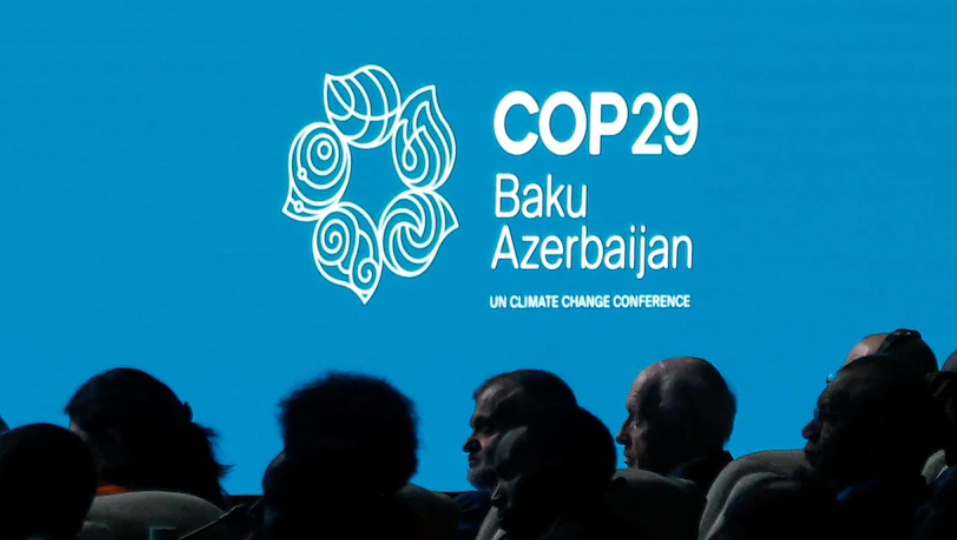But Global North is sidestepping their responsibilities and deflecting the core issue of historical pollution, participants said

Developing countries in Asia, including India, and climate activists are seeking over $1 trillion annually as grants alone from rich, polluting nations as compensation for climate change in the runup to COP 29 in Baku, Azerbaijan, the world’s biggest climate event, which began this week, according to delegates and observers at the COP29 event in Baku.
But Global North is sidestepping their responsibilities and deflecting the core issue of historical pollution, participants said.
Monetary demands are in addition to technology transfers as part of a $5-6 trillion demand before Global North to pay their fair share for the damages caused to the climate of developing countries. India is among a few countries worst affected, an official said.
But instead of considering the requirements of Global South, led by India, whose devastation has more to do with how Global North near-exhausted the planet’s carbon budget to get rich, many rich nations, led by the United States (US), are trying to categorise the demands as investment to meet their global commitments without making any provision from their public finances for climate funding, an official from Greenpeace International said. Global North is also trying to get Article 6 under the Paris agreement, a carbon market mechanism, operationalised at COP29 to advertise it as a source of climate finance, officials said. Last night, an agreement was struck over part of Article 6.
Also, the US and some European countries are trying to deflect the blame for accelerating global warming mainly to China and, possibly to a lesser extent, India and other developing nations as a collective responsibility to avoid paying reparations for climate destruction, these officials said. John Podesta, a senior advisor to the US President Joe Biden on international climate policy, tried to transfer part of the accountability of historical emission to China at a media briefing Monday, saying that China had been polluting for three decades. Podesta did not name India, a US ally, but officials from Greenpeace International said even before Donald Trump was re-elected, Washington and some European nations were trying to project the absolute polluting levels of India and China and their position as two of top three global polluters to make them share responsibility.
Rich countries are pointing fingers at China so that they do not have to pay their share, said Teresa Anderson, a senior official from ActionAid, adding, China has no obligation to pay. Moreover, rich countries are trying to shift the financing from public to private sources and loans under the New Collective Quantified Goal on Climate Finance being discussed at COP29, driving developing countries further into debt, Anderson said.
Rich countries will pounce on India’s transition to the world’s third-biggest economy, and the world’s third-biggest polluter to distribute the contributions, an official privy to UN Climate Change talks in the past said. Rich countries in Global North have hardly provided anything to India or anywhere else in South Asia in the past five years while the demand now for South Asia alone, depending on the needs for climate mitigation, adaptation and loss & damage, is $800 billion annually, participants said.
India alone needs over $1 trillion in based on its climate-mitigation needs from its current Nationally Determined Contributions (NDC) spread over a five-year period, said Jagjeet Sareen, partner and global climate co-lead, Dalberg Advisors. The country is working on a new NDC, due by February 2025, and it is unclear what shape that will take and how much India will need.
On average over half the funding for renewable energy and other green projects in Asia is coming from local banks and investors, a delegate from Indonesia said.
Article Credit: business-standard